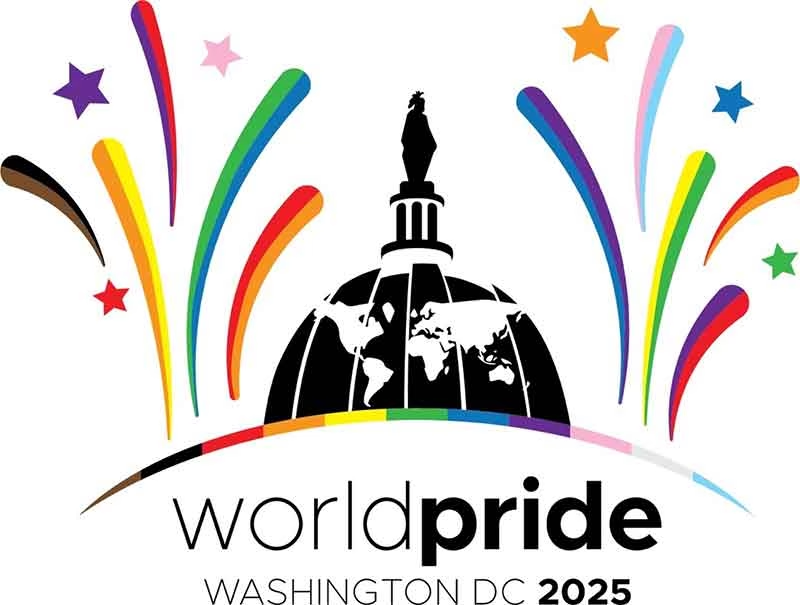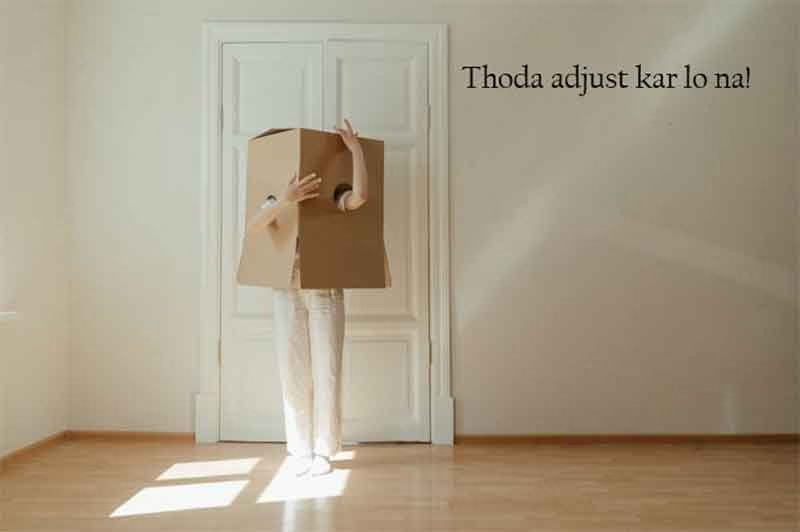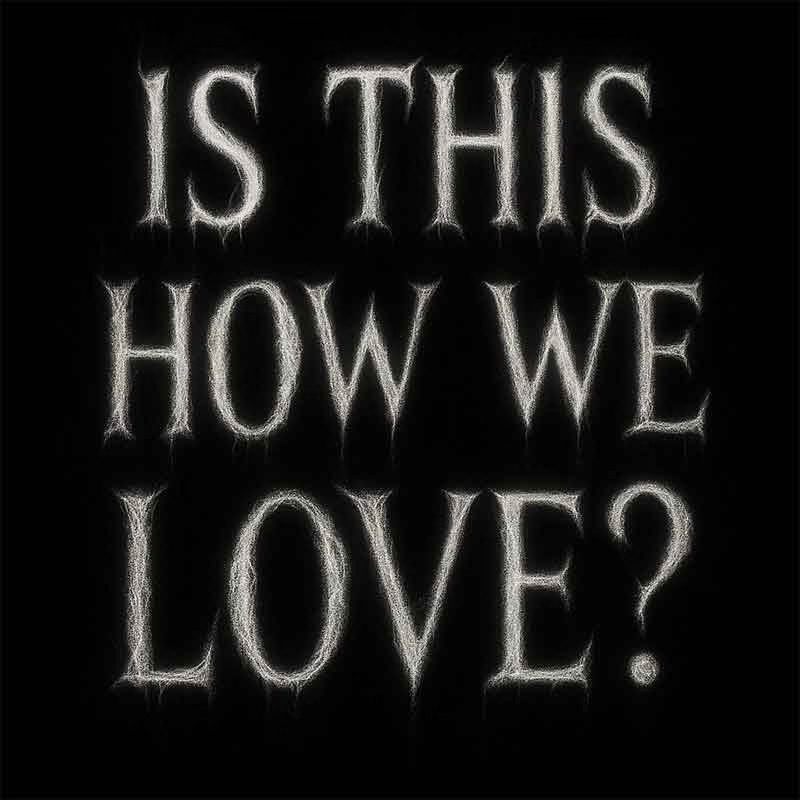
Introduction: Not Just a Comment
“We need more electricians and plumbers — and less LGBTQ graduate majors from Harvard University.”
With this one sentence, Karoline Leavitt, the newly appointed White House Press Secretary under Donald Trump’s second term, did more than justify a budget cut. She revealed a hierarchy of whose futures matter.
This article is not just about that one comment. It is about how language — especially from those in power — shapes what societies value, whom they protect, and who gets left behind.
Language is Never Neutral
Language is more than communication. It is a way to draw lines — between the accepted and the excluded, the respectable and the “other.”
When Leavitt contrasts skilled workers with queer scholars, she is not simply talking about jobs. She is making a moral argument disguised as an economic one. She implies that LGBTQ+ studies — and by extension, LGBTQ+ identities — are luxuries society cannot afford.
But what does it mean to call someone’s existence, or their field of study, unnecessary?
This isn’t just policy. It is ideology. And when spoken from podiums, it travels. It seeps into everyday speech. It shapes what people see as “normal” — and what they begin to view as a threat.
The Global Grammar of Prejudice
Leavitt’s comment echoes a global pattern — where speech doesn’t just describe reality, but dictates who belongs in it.
Poland:
In 2020, President Andrzej Duda declared:
“LGBT ideology is even more destructive than communism.”
In a country once ruled by authoritarianism, this placed queerness below one of the most repressive systems in its history.
Brazil:
Jair Bolsonaro said:
“I’d prefer my son to die in an accident than be gay.”
This is not just personal bias; it is social permission for cruelty. Under his leadership, anti-LGBTQ+ violence surged.
Uganda:
In 2023, President Yoweri Museveni signed one of the world’s harshest anti-gay laws, stating:
“We are protecting the children of Uganda.”
Framing LGBTQ+ people as threats to children has long been used to justify their erasure.
Zimbabwe:
The late Robert Mugabe once said:
“They are worse than pigs and dogs.”
This was not just a metaphorical insult. It was language crafted to dehumanize — the kind that paves the way for violence.
India:
In 2018, after the Supreme Court decriminalized same-sex relations, DMK leader Duraimurugan responded:
“Gay marriages are barbaric.”
The word “barbaric” frames queer love as uncivilized — unworthy of cultural legitimacy.
This isn’t limited to the West or dictatorships. Even in India — where courts have spoken with grace — political leaders have spoken with disdain.
When Words Shape Laws, and Laws Shape Lives
Political speech isn’t just symbolic — it sets the stage for policy. Leavitt’s comment came during a strategic budget redirection. Supporting trades like plumbing is important. But presenting it as a zero-sum game — where queer academic fields must lose — creates a false choice.
Dismissive language sends signals: to lawmakers, to bureaucrats, and to citizens. It says: this community is not a priority. Their lives are not essential.
In the age of viral headlines and clipped soundbites, the harm multiplies. Broadcast without critique, political speech becomes public culture — not just commentary.
The Media’s Role
A five-second quote becomes a full-day news cycle, a viral tweet, a dinner table opinion. Media platforms echo these words — sometimes critically, often superficially.
When rhetoric that harms is repeated without reflection, it becomes common sense. Queer people then carry a double burden: defending their rights, and explaining — again and again — why they deserve dignity.
India’s Contrasting Voices: Politics vs. Law
India reveals a powerful contrast. Where politics has often failed, the courts have spoken with rare clarity.
In Navtej Johar v. Union of India (2018), Chief Justice Dipak Misra wrote:
“What is natural to one may not be natural to another… Denial of self-expression is inviting death.”
Justice Indu Malhotra added:
“History owes an apology to the members of this community.”
In Supriyo v. Union of India (2023), Chief Justice DY Chandrachud declared:
“Queerness is not urban or elite. It exists in every space, every society.”
These are not just legal observations. They are acts of moral recognition — a counterweight to the violence of political speech.
Silence Is Also a Language
While courts have spoken with empathy, elected leadership in India remains largely silent.
In a democracy, silence is not neutral. It is a position. It says: this community is too controversial, too inconvenient, or too marginal to speak for.
But silence reinforces invisibility. It isolates.
Queer Studies Are Not a Luxury
Perhaps the most dangerous idea in Leavitt’s comment is that LGBTQ+ studies are indulgent.
But what makes a subject “useful”? Is it only about job creation? Or is it also about telling buried stories, imagining fairer futures, and understanding human resilience?
Queer studies help us understand shame, love, exile, family, and defiance — in ways traditional disciplines often do not. They remind us that knowledge is not only for markets. It is also for memory and healing.
If we fund plumbers and electricians (as we should) but defund queer thought, we’re saying: “Build the house — but don’t question who gets to live freely in it.”
Conclusion: What We Say Shapes What We Become
The words of power are never just words. They shape budgets, courtrooms, classrooms, and families. They tell children whether they can be proud of themselves. They tell parents whether their queer child is something to accept — or to fear.
Across the world, we have seen how a single phrase can open the door to cruelty — or to care.
The greatest threat to queer lives hasn’t always been violence or law. Often, it has been speech. And just as often, it has been silence.
We don’t need perfect leaders. But we do need language that doesn’t mock our existence. We need words that don’t pit dignity against economics. We need speech that doesn’t treat our identities like punchlines.
Because when we reclaim language, we don’t just rewrite grammar — we rewrite who gets to be seen as fully human.
Subscribe to Our Newsletter
Get the latest CounterCurrents updates delivered straight to your inbox.
Disha is a Ph.D. Scholar and Senior Research Fellow at Dr. K. R. Narayanan Centre for Dalit and Minorities Studies, Jamia Millia Islamia, New Delhi, India. (ORCID: https://orcid.org/0009-0006-7124-9438)















































